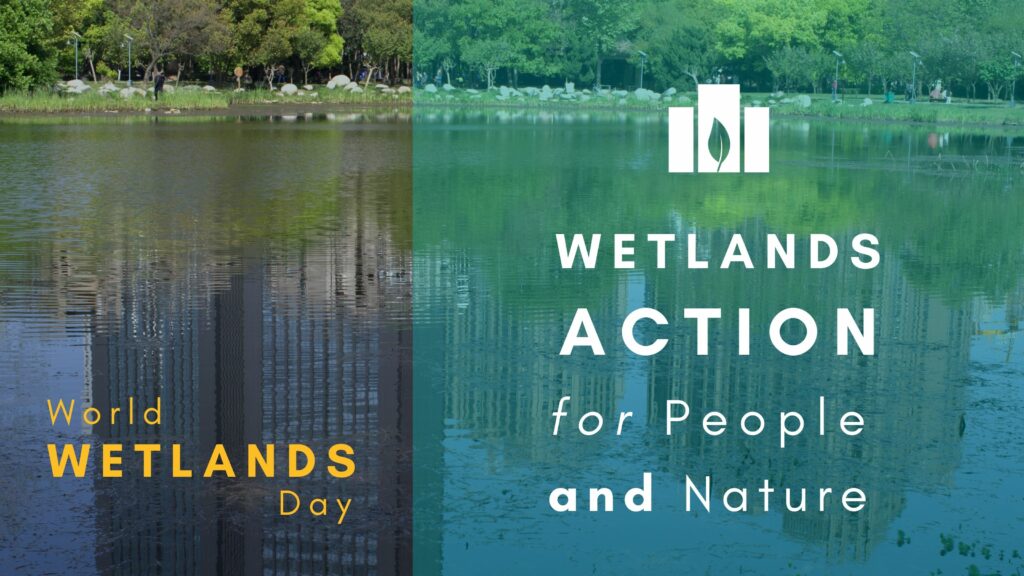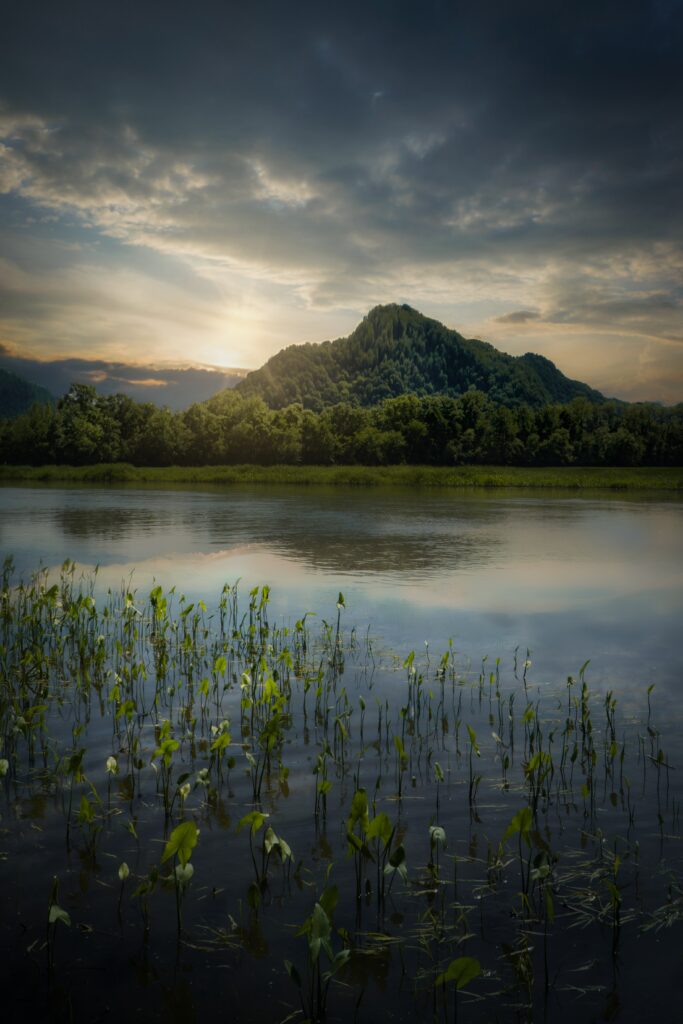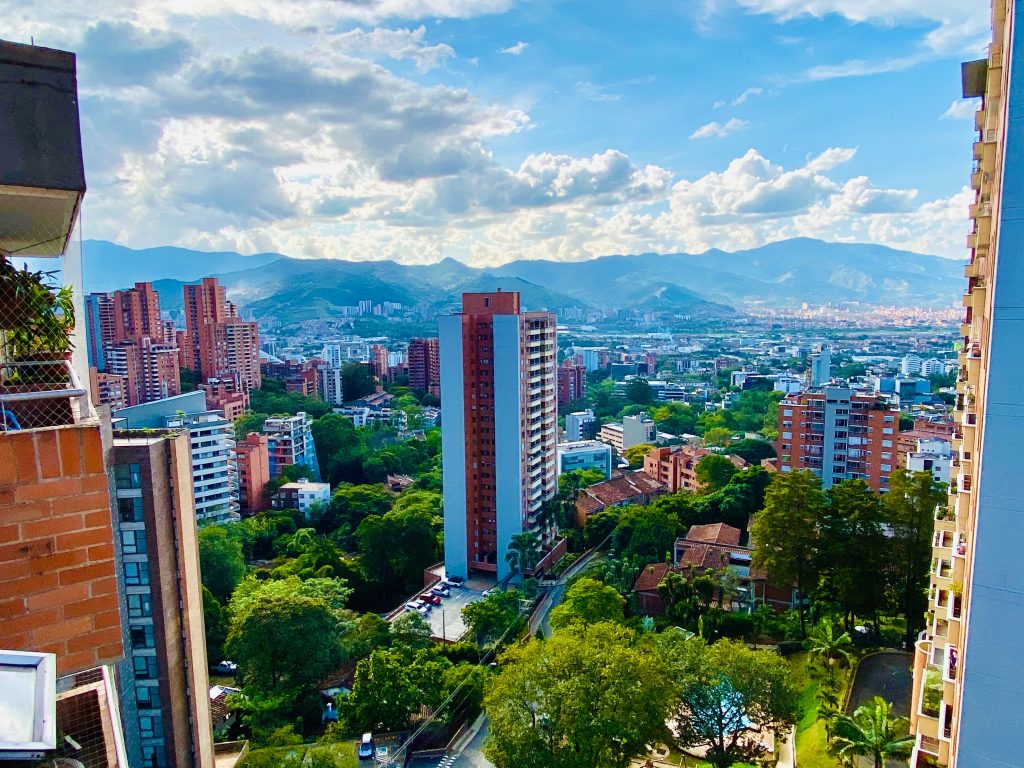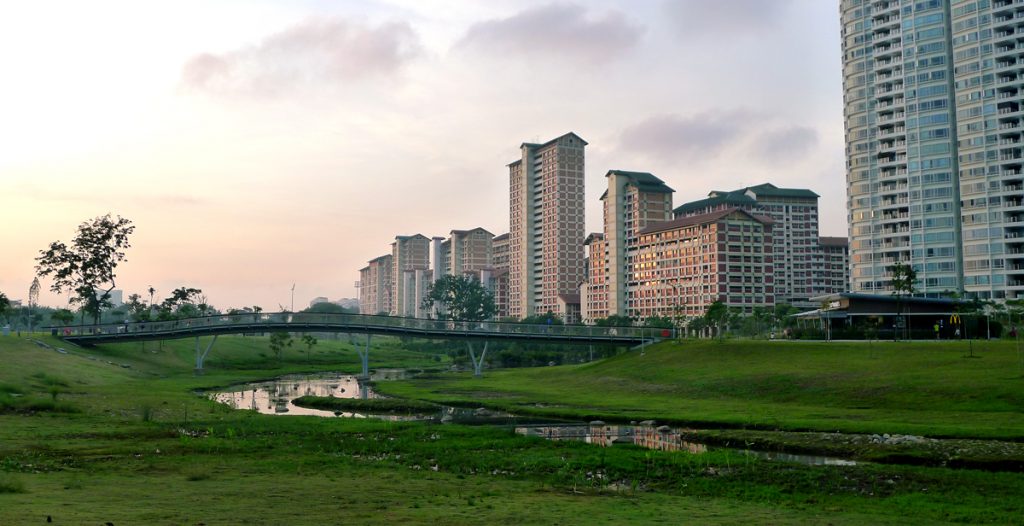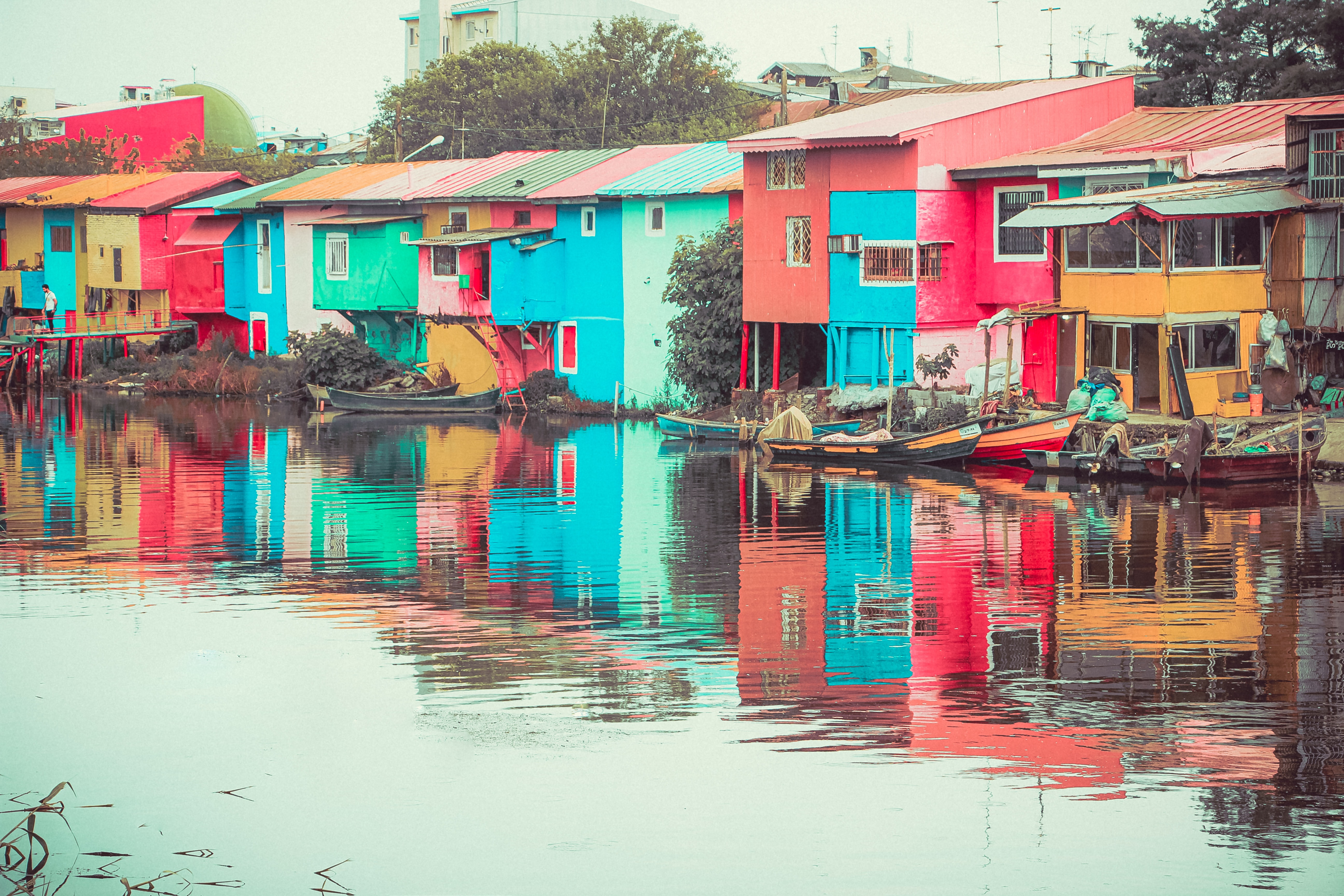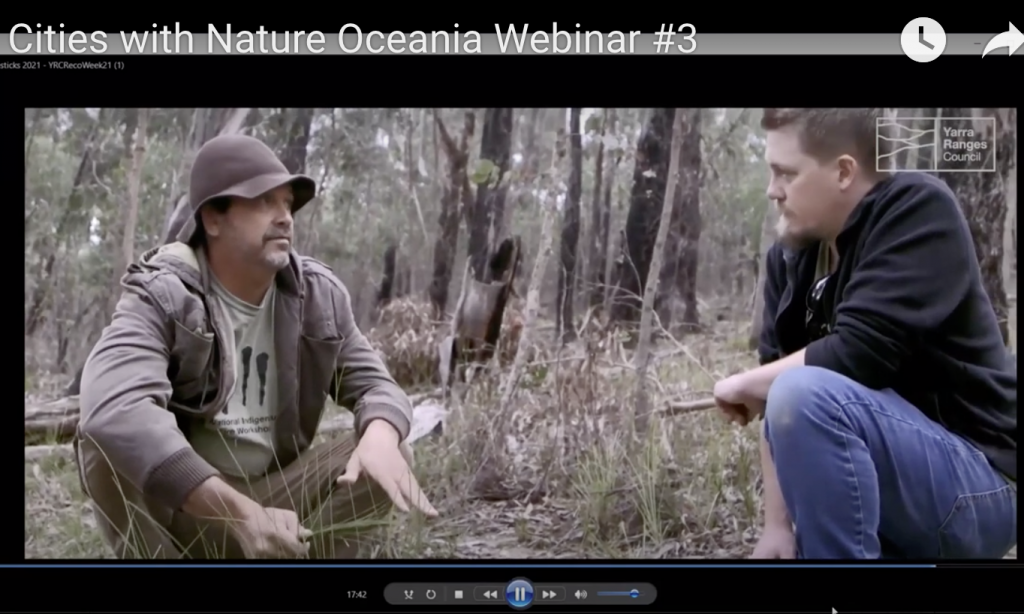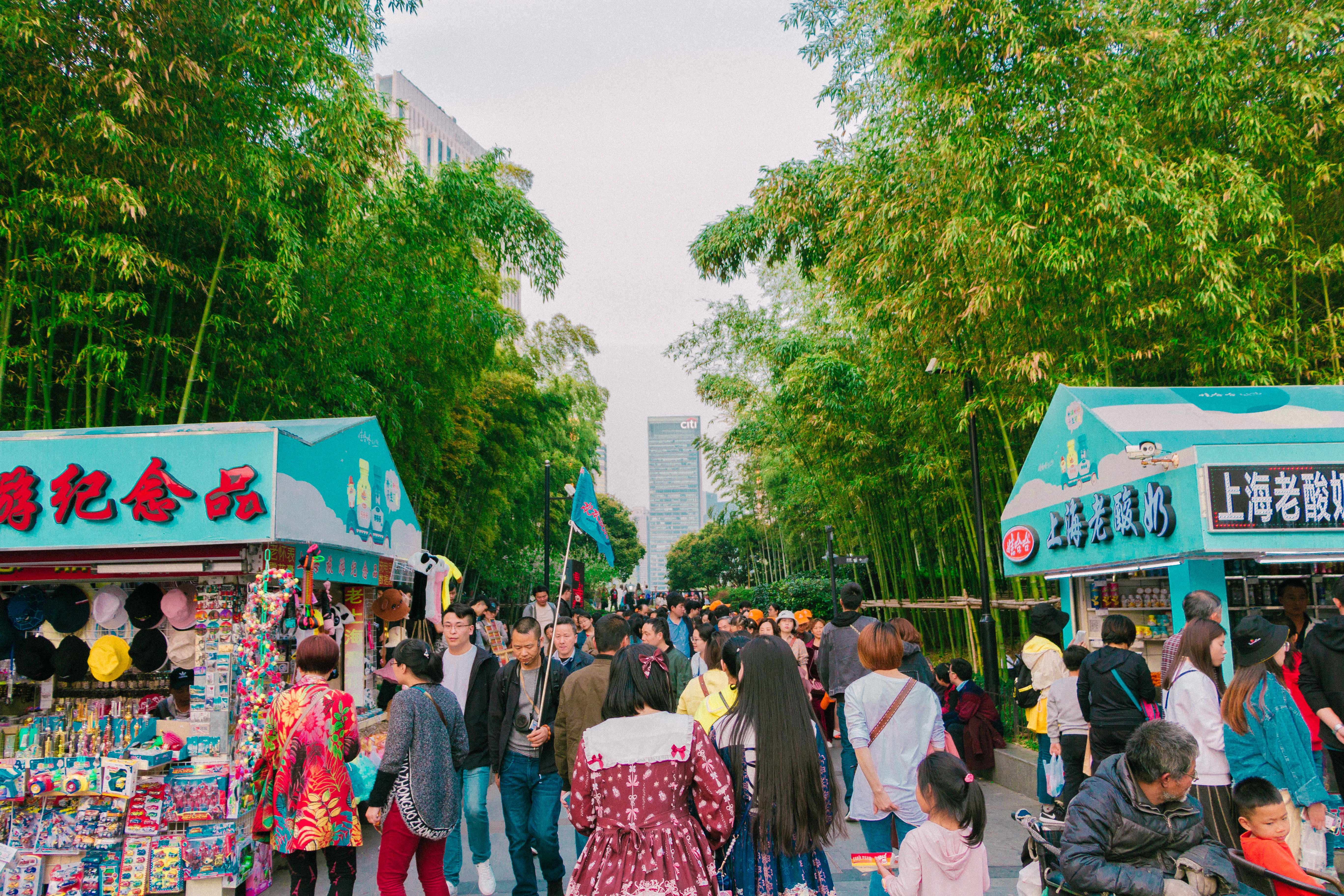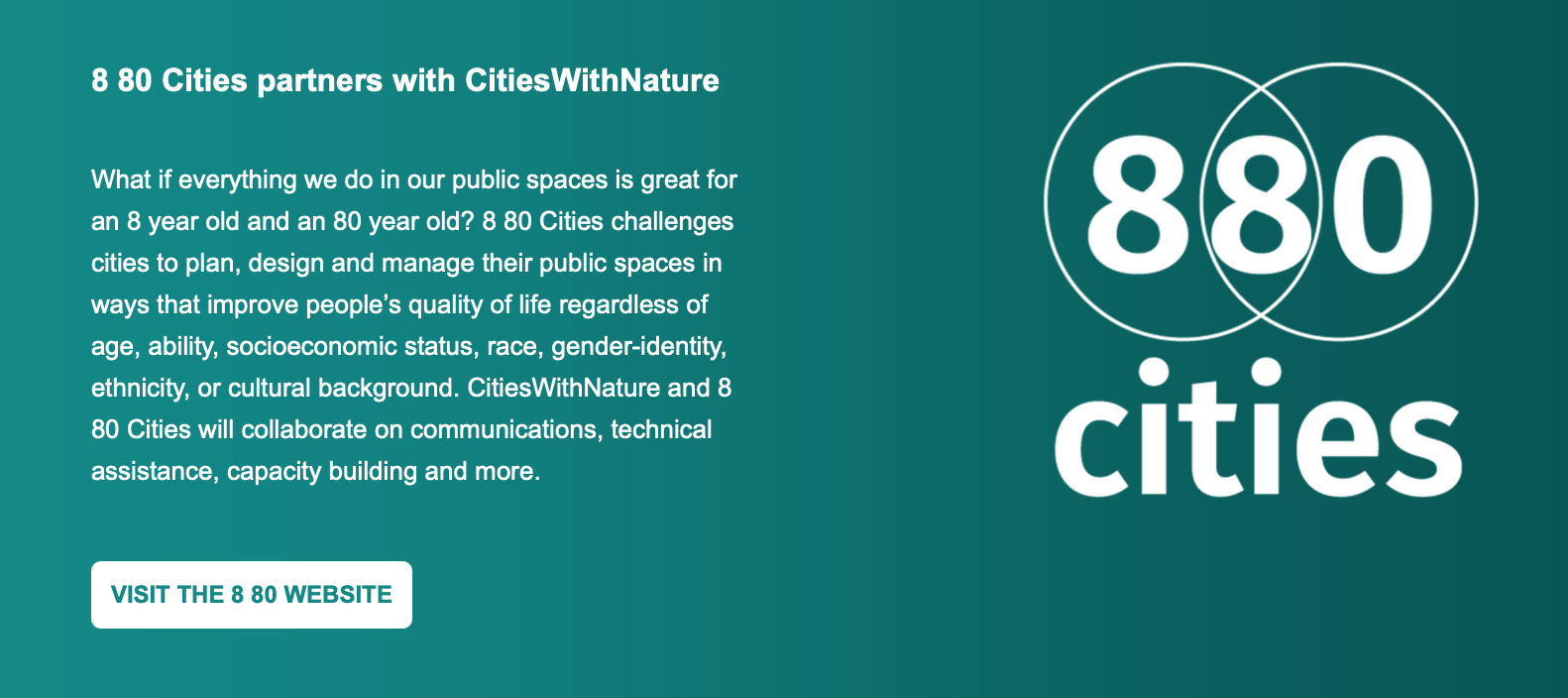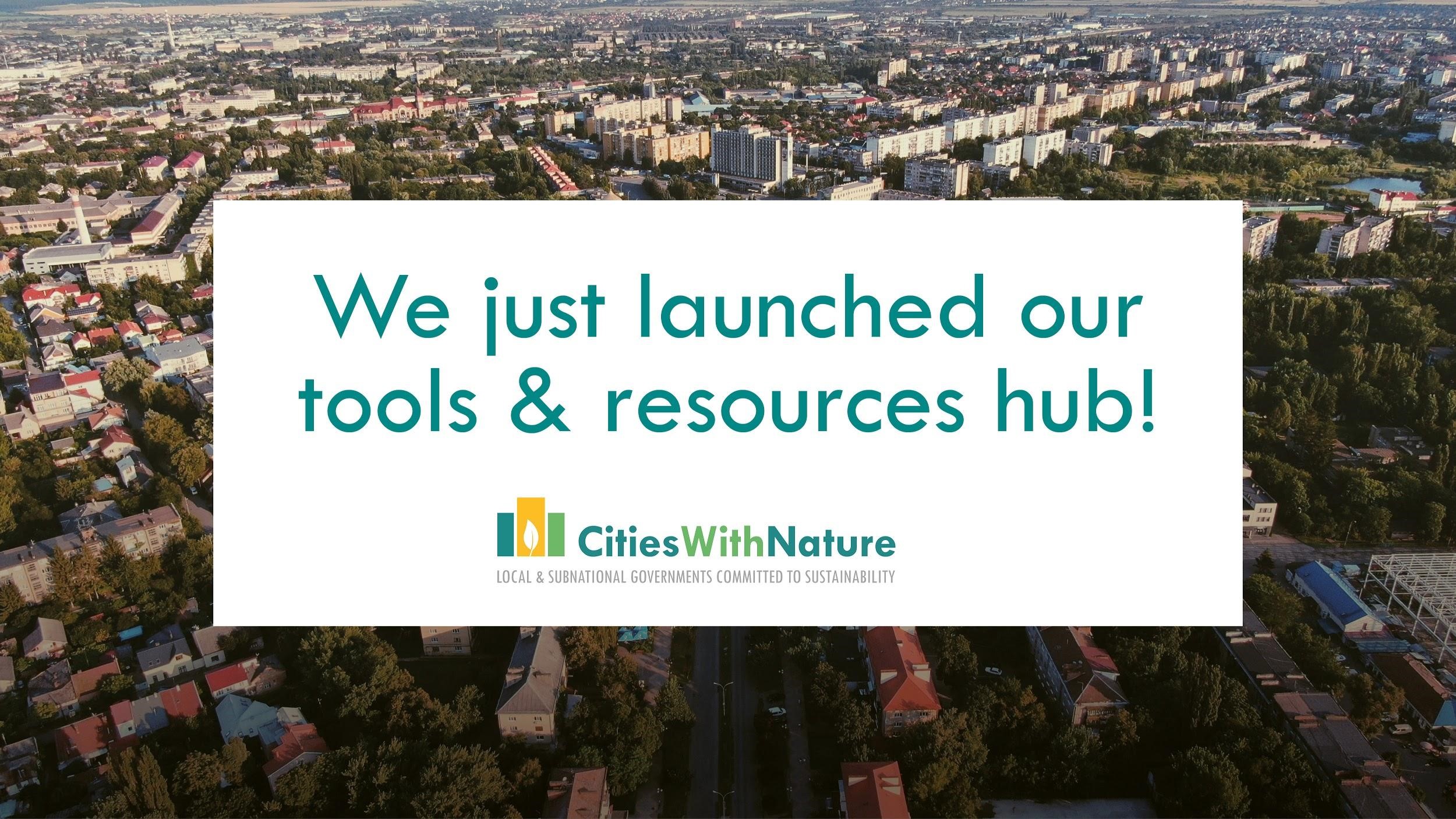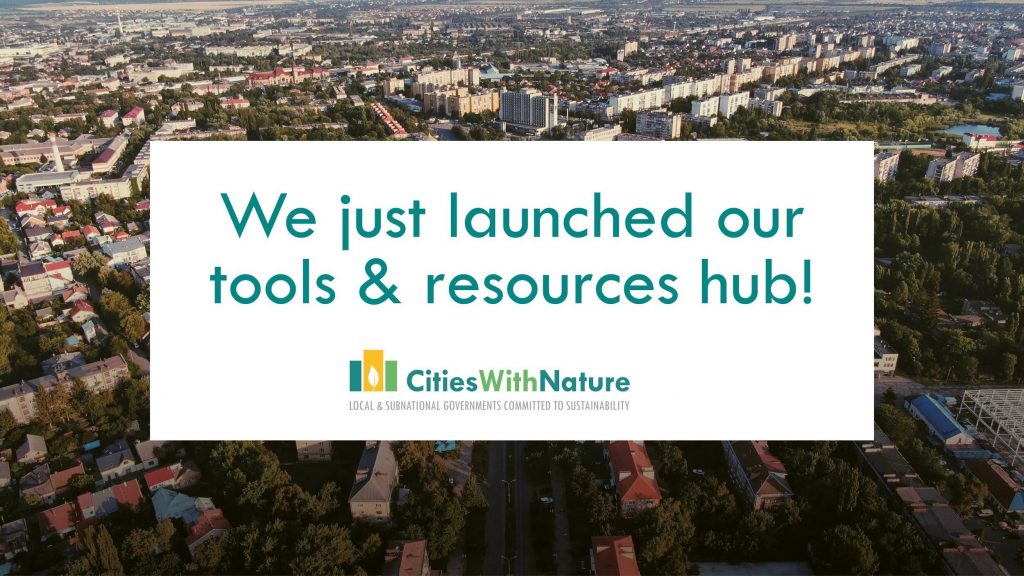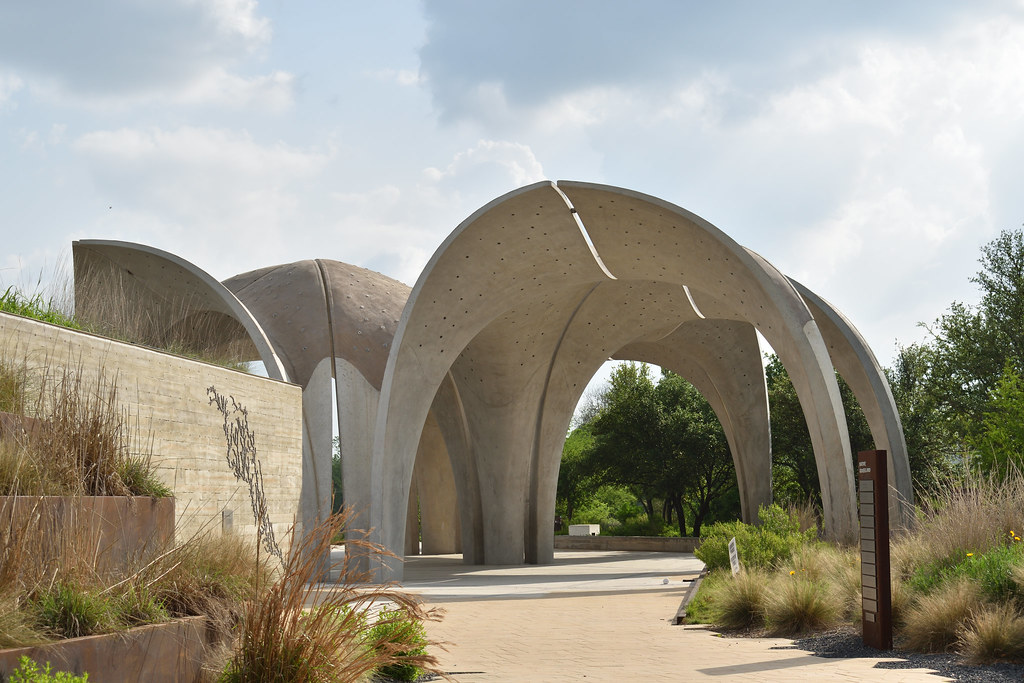An international celebration took place today at Confluence Park in San Antonio to commemorate the opening of the North American Friendship Garden. The garden is a collaborative effort by the Consulate of Canada in Texas and the Consulate of Mexico in San Antonio together with the City of San Antonio, San Antonio River Authority (River Authority), and San Antonio River Foundation (River Foundation). The public is invited to visit the park to view the garden’s features and learn about the significance of this joint effort.
Located within Confluence Park, an award-winning environmental education park along the banks of the San Antonio River, the pollinator garden is designed to provide a sanctuary for Monarch Butterflies during their international migration, as well as crucial habitat for myriad other pollinators and migratory species. The garden area is approximately 2,500 square feet and includes native grasses, wildflowers, trees, and shrubs. The River Foundation also worked with San Antonio artist Gary Sweeny to create two art benches. Visitors can also view a bug hotel and enjoy locations for thoughtful contemplation and environmental education.
“The Mission Reach of the San Antonio River Walk is a shining example of urban ecosystem restoration that was made possible through the successful collaboration of multiple entities and the North American Friendship Garden is yet another example of the great things that can be accomplished when we all work together for a common goal,” said River Authority General Manager Derek Boese. “We are excited for the public to learn about the important role pollinators play in our environment which we hope will inspire them to become good stewards for our creeks and rivers.”
The idea for the North American Friendship Garden started taking place following the UNESCO designation of San Antonio as a Creative City of Gastronomy, making the city part of UNESCO’s Creative Cities Network. The City of San Antonio World Heritage Office supports this initiative as pollinators play an important role in the food that we consume, and the San Antonio River serves as a corridor for pollinators like the Monarch Butterfly. The garden is in the heart of the important Central Flyway, supporting the iconic Monarch Butterfly as well as other pollinator and migratory species as they travel between Canada and Mexico using San Antonio as a rest stop. In May of 2020, San Antonio was designated a U.S. Pioneer in the recently initiated CitiesWithNature international platform. CitiesWithNature convenes local governments around the world who prioritize nature-based solutions to climate change, recognize ecosystem services, and provide equitable access to nature and the outdoors.
“Working collaboratively, San Antonio partners can be proud of a legacy of conservation and natural resource protection. From the Edwards Aquifer, to the Bracken Cave Preserve, to the Hardberger Park Land Bridge, and now the North American Friendship Garden, we are investing in natural solutions that support our native wildlife,” said Mayor Ron Nirenberg. “I am grateful to our neighbors who are joining us in this effort to ensure a sustainable future for all.”
“The Consulate General of Canada in Texas is proud to have played a role in conceiving and supporting the North American Friendship Garden, a great symbol of the commitment of the people of Canada, Mexico, the United States, and San Antonio to preserve and protect the flyways of the Monarch Butterfly and other pollinators and birds that link all of us throughout North America,” Dr. Rachel McCormick, Consul General of Canada, said.
“For the Government of Mexico, it is crucial to strengthen trilateral cooperation between Canada, the United States, and Mexico. Our three countries are more than just neighbors; we are partners, allies, and, above all, friends,” said Consul General Rubén Minutti Zanatta. “If we continue working together, boosting cooperation, both at the federal, and especially, at the local level, engaging cities, towns, counties, and communities of all kinds, we will ensure the protection of our shared environments, our biodiversity, and wildlife.”
“Confluence Park was created to help educate visitors on our native habitats and the importance of protecting our natural resources for future generations,” said River Foundation Executive Director Frates Seeligson. “We are extremely grateful to our partners and donors for making this garden a reality as it’s a wonderful compliment to the park’s mission and purpose.”
In addition to the international flair surrounding the grand opening of the North American Friendship Garden, Governor Abbott’s Texas Economic Development & Tourism Office provided a ceremonial document to help commemorate this special occasion in San Antonio.
